Family planning and healthcare: Programme coordinator fumbles with explanations of where the money went
Sub-committee gives him a 15-day deadline to collect all the documents.
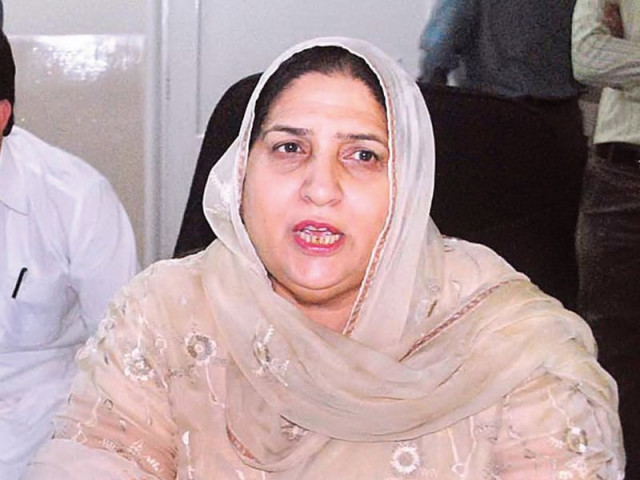
The person in charge of the National Family Planning and Healthcare programme in Sindh was told off on Wednesday by a sub-committee for not being able to explain and justify how much they spent.
A watchdog senate sub-committee on health found several faults in the programme’s report and gave the officials 15 days to get together evidence for where they spent all the money. Otherwise the committee would take action against them at the next meeting on May 5 in Karachi, the members warned. Provincial Coordinator Dr Feroze Memon briefed the sub-committee of Senator Kulsoom Parveen and Senator Seema Yusuf Siddiqui about funds received and spent from 2005 to 2010.
In 2009 and 2010, the programme used up around Rs979 million, with 90 per cent of this sum going out as stipends to lady health workers (LHWs) and lady health supervisors (LHSs).
However, the provincial coordinator failed to produce documents when asked by the senators to explain spending on allowances such as travel, board and food (TA/DA).
Senator Kulsoom wanted to know how the programme coordinator knew that an officer’s claim for 20 days TA/DA was true. “Do you have vouchers for the Rs9.08 million spent on these allowances?” she asked, suggesting that the TA/DA be included in the salary package.
The senators reprimanded Dr Memon over the payment of an exorbitant annual rent of Rs3.5 million at Rs5 per square foot for three warehouses in Hyderabad.
Warehouses in the industrial area of Karachi, which is a lot more expensive than those in Hyderabad, charge Rs6 per square foot, Senator Seema pointed out, implying it was impossible that a warehouse in Hyderabad, which was not even located in the industrial area and was 15 km away from the city, could be so expensive.
They ordered the provincial coordinator to end the rent agreement and give out advertisements asking to hire new warehouses.
These warehouses should also have a temperature regulation facility. “The polio programme in Pakistan is failing because medicines need to be stored at -20 degrees centigrade which is not available in all warehouses,” Senator Kulsoom observed.
The sub-committee also asked about the Rs5.5 million spent on training LHWs and LHSs in 2009-10. It demanded a breakdown of the district-wise allocation of 2,185 LHW posts given to the province from the federal quota in 2008. Memon had no idea about the money and its expenditure and so he requested time to collect the records.
The senators expressed dismay that the LHWs of two districts of Sindh had not been paid their stipends in January 2011. They blamed the project’s accounts department for not telling the centre about the total amount required to pay stipends.
They urged the provincial coordinator to submit bank statements of his project’s account, salaries and stipends and list of funds used up by Executive District Officers (EDOs) health during the last three years at the next briefing.
Meanwhile, talking to The Express Tribune, Senator Kulsoom said the project’s below par performance was damaging work with Unicef and other UN agencies. “We also want to give the staff better infrastructure, warehouses, vehicles and other facilities.”
When asked about permanent jobs for LHWs, she said a stipend of Rs7,000 for three to four days of work in a month was justified. “Their performance is quite poor but the project officials are working to improve this,” she said.
Published in The Express Tribune, April 21st, 2011.


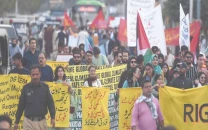
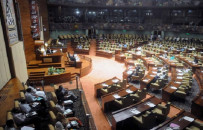


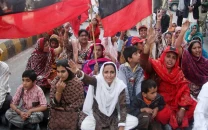





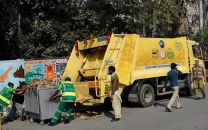






COMMENTS
Comments are moderated and generally will be posted if they are on-topic and not abusive.
For more information, please see our Comments FAQ